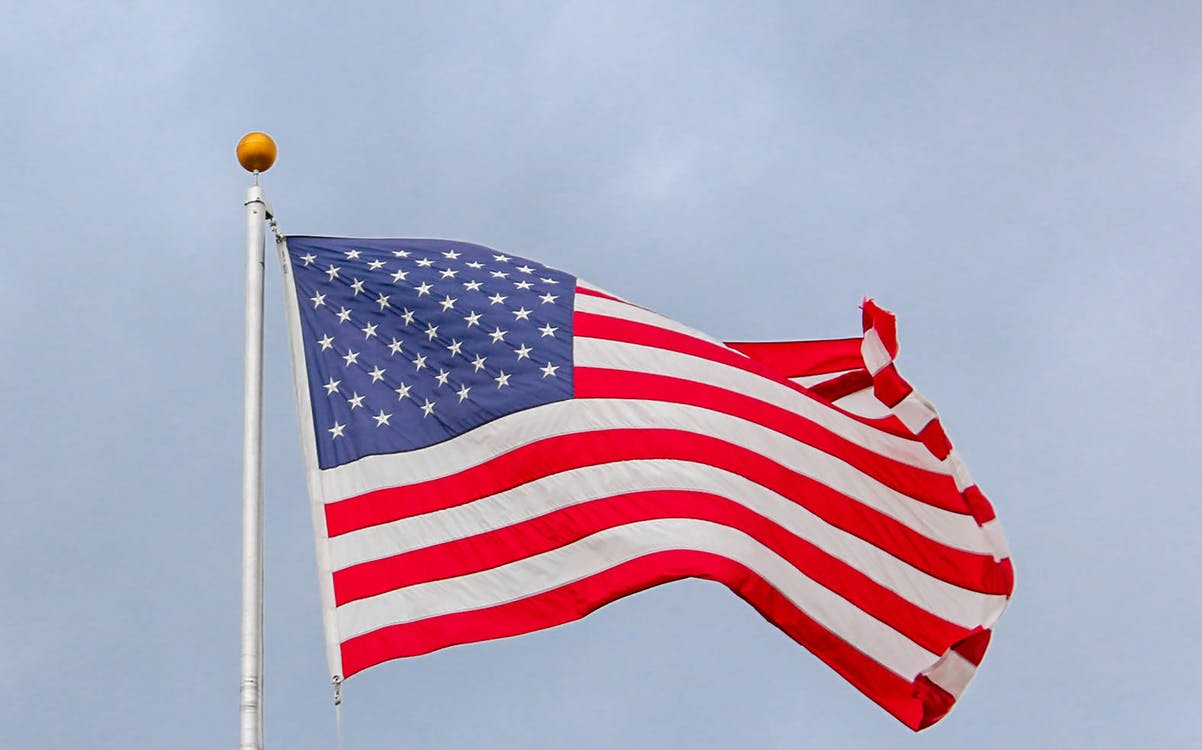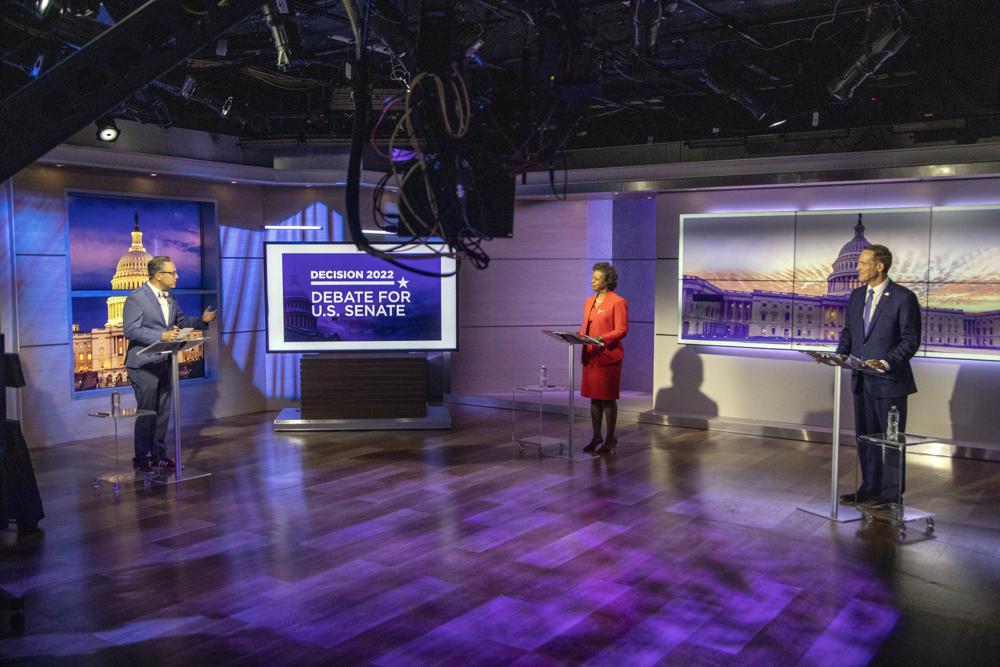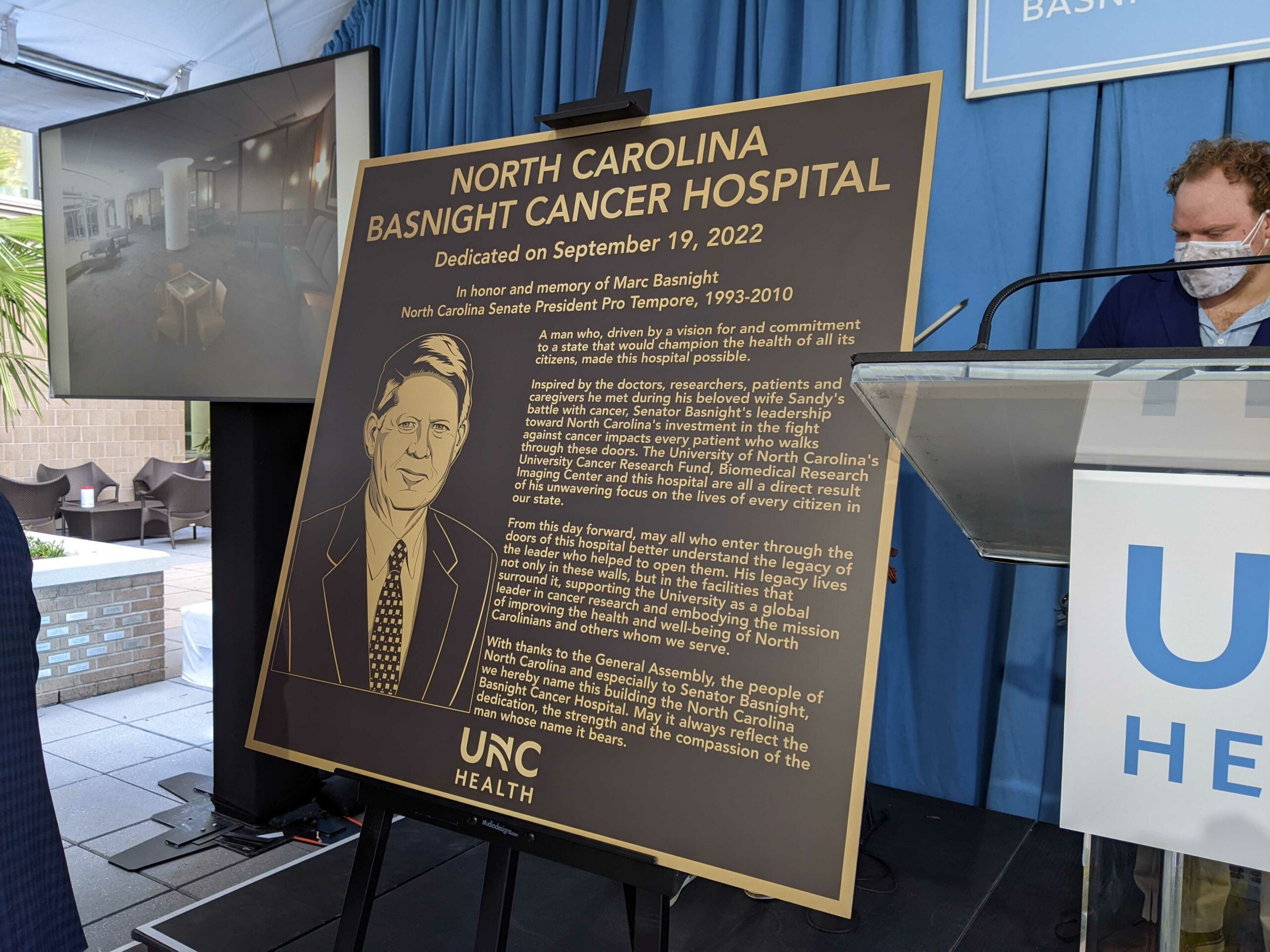“I’m really starting to kinda like that guy.”
This is what I’m hearing from my liberal friends about Pope Francis, now that it’s clear he’s more interested in defending the meek and ministering to the poor than he is in, say, angrily crusading against other people’s sexual foibles.
He’s been doing this all year long, you know. His first public remarks emphasized the virtue of humility—he concluded by asking the crowd to bless him, remember? (You don’t remember. It’s okay.) He moved into smaller quarters, began ministering to prison inmates and other downtroddens, criticized fellow Catholics who’d let themselves become partisan ideologues, elevated the fight against poverty, emphasized social justice and compassion for the poor, exhorted bishops and priests to get their hands dirty by working with the lowest amongst us, and actually practiced what he preached by unabashedly laying hands on a man with a horrific skin condition, in full view of the world, and comforting him when no one else would.
And now, most recently, a papal exhortation that blasts unrestrained capitalism as a “new tyranny,” denounces the rapidly growing inequality of wealth, appeals to political leaders to address the root causes of poverty, and urges the rich to think of others beside themselves. My leftie friends are beyond excited. (I know because they’re all posting about it on Facebook.)
I wish I could say I told you so.
Oh wait! I can! I wrote about this on March 15, two days after he was elected. I was one of the first lefties on the “I kinda like this guy” train. In fact I wrote those exact words eight months ago. “I. Kinda. Like. This. Guy.”
Hooray for me!
But–
Okay, here’s the thing.
I share the sentiment about Pope Francis, I do. I think he’s been wonderful, both for the Church and for the world. I think he’s got the right idea. I think he’s got his priorities straight. And I like him for all of those reasons.
But I gotta ask, y’all:
Why is it we’re only willing to “like” somebody when they start agreeing with us?
I mean, seriously? We’re that shallow?
Let’s go back and look at Pope Francis again. I wrote in March—and I still believe—that he espouses all the tenets of the Catholic worldview, even the ones that make lefties uncomfortable. He’s opposed to the death penalty and abortion. He’s opposed to both greed and lust. He’s been willing to dispense with some traditions if they impede the Church’s higher callings—ministering to the poor, for instance—but he still respects the value of tradition for its own sake.
How do American liberals respond to this?
One of two ways, usually. Either A) they embrace him in those moments when he publicly sides with them and shuff everything else under the rug, or B) they remain unmoved altogether and continue denouncing him because he still hasn’t come around on women priests or gay marriage or whatever else.
Either way, it comes down to the exact same thing:
“I like you only to the extent that you’re willing to agree with me. And if you don’t agree with me, then out the door with ya.”
It’s not just Pope Francis. Hey, quick, who’s your favorite Fox News personality? If you’re a liberal—I’m assuming most of the people reading this are—then I’ll bet you said Megyn Kelly. Or maybe Shepard Smith. Why? Well, gosh, because every now and then they say something I agree with. So I “like” them.
But this is crap, people.
This is a horrible, horrible way to think.
It’s completely fine, of course, to say, “Hey, that guy’s not as bad as I thought he’d be,” or, “Wow, I didn’t expect to agree with her as often as I do.” There’s absolutely nothing wrong with that.
But when we’re only willing to listen to the arguments we already find appealing—when we become unwilling to listen to anything we don’t already agree with–and when our respect for this or that political figure hinges entirely on whether he or she falls in line with our preconceived notions—then we make ourselves dumb. We stop questioning ourselves. We stop thinking about the words that are coming out of our mouths. We start thinking of all our political opponents as irrational, stupid, unlikable, and evil. And we lose the ability to change our minds.
This is the problem with American politics today.
So let’s do something about it. Right now.
Today, instead of fawning over the people who pander to our preconceived ideas, let’s take a moment to celebrate the people who’ve made us think twice about something we thought we believed, people who’ve disagreed with us in a way that made us think differently. Instead of going on Facebook and sharing links on the basis of “Wow, I’ve always believed this, but this article just said it better than I ever could”—let’s instead share links on the basis of “Wow, I’ve never believed this—and maybe I still don’t!—but this article really made me think.”
I’ll start. I can think of several off the top of my head.
I definitely consider myself a progressive—I’m not particularly enamored with the idea of tradition as an end in itself, hanging on to tradition for its own sake. But I’m a little warmer to the notion now that I’ve read Edmund Burke’s Reflection on the Revolution in France and Michael Oakeshott’s essay “On Being Conservative.” Those are terrific pieces about the value of tradition—even if you still disagree when you’re done, you’ll understand the argument a lot more.
In 1999 there was talk of jacking up taxes on cigarettes, and I was all for it. I’m still in favor of it—but less so after I read a column by George Will, of all people. His argument: the government could easily run cigarettes into oblivion by raising taxes so high they became impossibly expensive (“the power to tax is the power to destroy,” as John Marshall said), so the fact that they weren’t doing that indicated that they didn’t really want to cut smoking—all they wanted was to raise taxes just enough to maximize revenue while leaving smoking rates basically where they were. He had a point.
Around the same time, the Taliban—still on the rise in Afghanistan then—started drawing major international flak for destroying ancient Buddhist statues and priceless works of art. There was a global outcry. Everyone was outraged. I was outraged. Then I heard a defender of the Taliban on TV say—I’m paraphrasing—“Look, the Afghan people have been starving to death for years and you’ve said nothing. We knock down a statue and now there’s an outcry?” Well, shoot. Probably the most cynical argument I’ve ever heard in my life—“why are you getting upset about this, when we’ve done all this other stuff that’s even worse?”—but I had to admit, the guy was kinda right. Mass starvation is worse than a broken statue.
Then a few years later I read Eric Schlosser’s Fast Food Nation. Terrific book. I agreed with most of its points already, and most of its facts and findings only bolstered the opinions I came in with—except for one. Schlosser argued that companies in the food industry take advantage of the influx of undocumented immigrants (who can’t appeal to labor laws because they’ll be deported) to drive down wages, commit all sorts of legal violations, stop caring about sanitation, and pass the resulting unsafe product on to you. Prior to reading Schlosser I hadn’t thought about “illegal immigration” as anything more than a trumped-up wedge issue; after reading Schlosser I realized it was a legitimate concern that demanded action.
It made me think in ways I hadn’t expected to.
And for that reason, I “kinda like” it.
How about you? What books have you read that made you think differently? What public figures have made you change your mind? Who’s the person you disagree with 99.9 percent of the time, but gosh, they always have such insightful and challenging points to make?
Who do you like?
Comment below. We can help make politics better. Pope Francis would approve.
(At least I assume he would. You know. He seems like a decent guy.)





Comments on Chapelboro are moderated according to our Community Guidelines